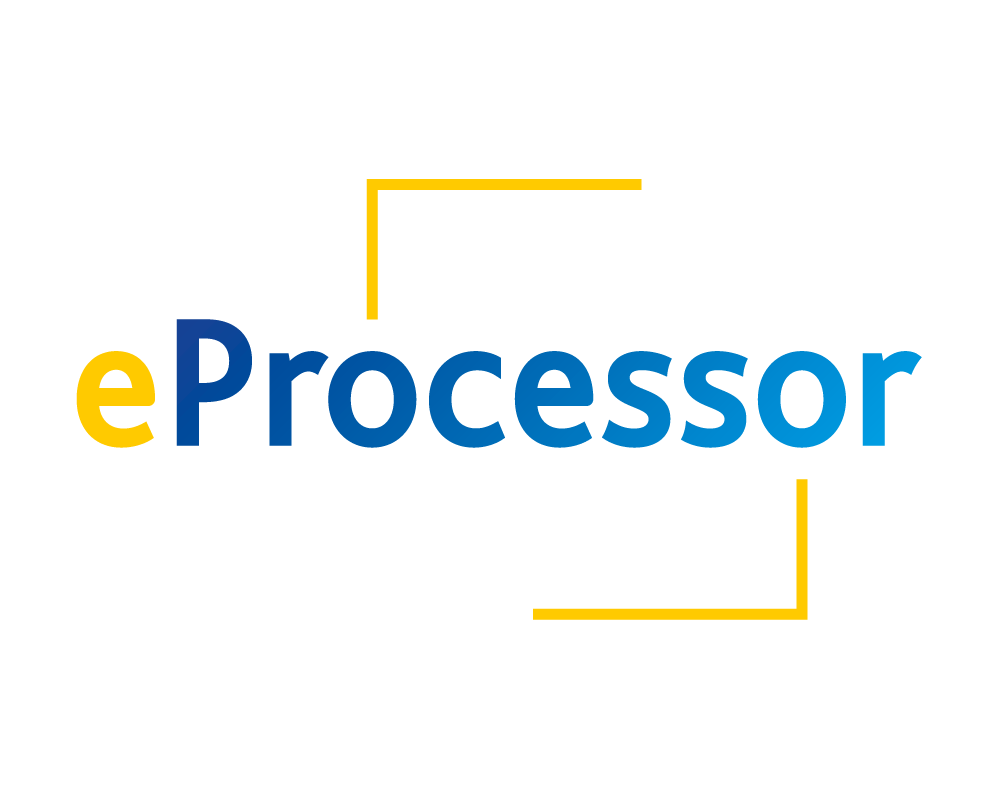science with practical applications ranging from pattern matching to computational biology. The ever-increasing volumes of genomic data produced by modern DNA sequencers motivate improved software and hardware sequence alignment accelerators that scale with longer sequence lengths and high error rates without losing accuracy. Furthermore, the wide variety of use cases requiring sequence alignment demands flexible and efficient solutions that can match or even outperform expensive application-specific accelerators. To address these challenges, we propose GMX, a set of ISA extensions that enable efficient sequence alignment computations based on dynamic programming (DP). GMX extensions provide the basic building-block operations to perform fast tile-wise computations of the DP matrix, reducing the memory footprint and allowing easy integration into widely-used algorithms and tools. Furthermore, we provide an efficient hardware implementation that integrates GMX extensions in a RISC-V-based edge system-onchip (SoC). Compared to widely-used software implementations, our hardware-software co-design leveraging GMX extensions obtains speed-ups from 25–265×, scaling to megabyte-long sequences. Compared to domain-specific accelerators (DSA), we demonstrate that GMX-accelerated implementations demand significantly less memory bandwidth, requiring less area per processing element (PE). As a result, a single GMX-enabled core achieves a throughput per area between 0.35-0.52× that of state-of-the-art DSAs while being more flexible and reusing the core’s resources. Post-place-and-route results for a GMX-enhanced SoC in 22nm technology shows that GMX extensions only account for 1.7% of the overall area while consuming just 8.47mW. We conclude that GMX extensions represent versatile and scalable ISA additions to improve the performance of genome analysis tools and other use cases that require fast and efficient sequence alignment.
